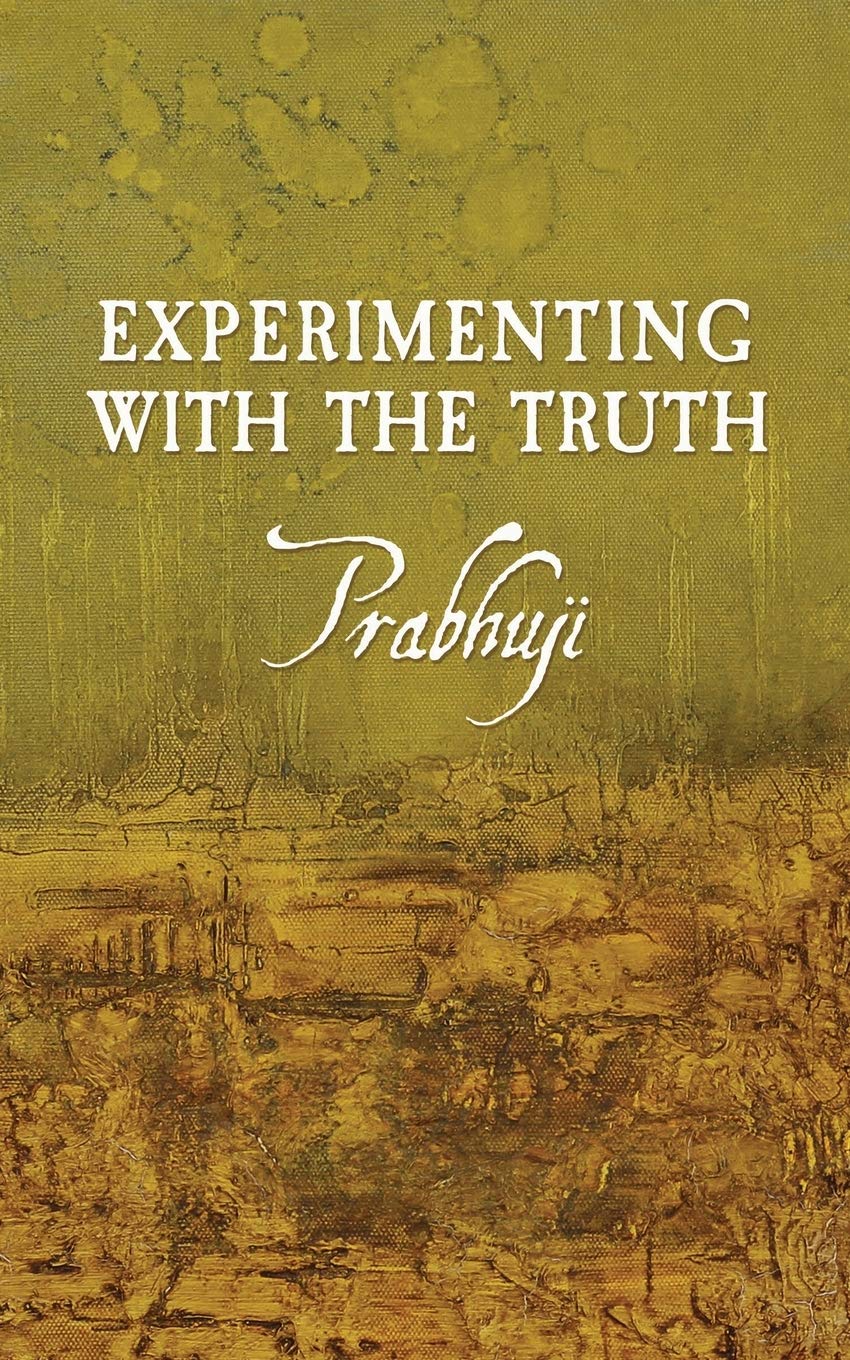Question: I have often heard you speak of freedom. What do you mean by freedom?
Most people believe that freedom means escaping from life’s limitations. They confuse freedom with overcoming oppression: the prisoner wants to be free from jail; the slave, from the master; the depressed person, from sadness; and the sick, from pain. Freedom, however, is not the same thing as emancipation or release, even though they are synonymous in the dictionary. Emancipation means releasing oneself from something. Freedom, on the other hand, does not entail any kind of escape; it cannot be dependent on anything.
Release from slavery is born from slavery and, therefore, remains an integral part of it. Its very existence depends on slavery, and thus, it is not exempt from oppression. The same happens with relief from hunger or a toothache: it is just a desire to exchange an intolerable situation for a pleasant one; that is, to exchange uncomfortable conditions for more promising ones. It is merely a reaction against what we wish to be released from. It is not a pursuit of freedom but an escape from certain circumstances. Release from poverty is not related to freedom but rather to money. Release from disease has nothing to do with freedom but rather with medicine, pain, and hospitals; and release from slavery, with shackles and prison cells.
Some live their lives running away from freedom because they are afraid to accept the responsibility. They are content with just imagining what freedom is and blaming others for their oppression. The people of Israel were released from captivity when they left Egypt, but they only became free on Mount Sinai, when they accepted the responsibility of receiving the Torah.
In his essay Two Concepts of Liberty, Isaiah Berlin makes a difference between positive and negative freedom, both clearly reflected in the Universal Declaration of Human Rights. The negative is “freedom from something,” meaning the absence of obstacles to action. The positive is “freedom for something,” the possibility of choosing the actions that accomplish our goals.
The idea of freedom most people have is limited to these two types: positive and negative; freedom from something and freedom to do something. The first is related to the past, the second to the future. However, both are merely psychological reactions and superficial types of emancipation. They go after our mental projections, not reality. Real freedom cannot be conceived from within the limitations of the mind, but only when the content of the mind is transcended.
Reasoning is nothing but a response to our conditioning, from the experiences accumulated in our memory. Thus, thought is inevitably chained to this heavy load of accumulated experiences.
We are not free from our psychological limitations. According to Karl Marx, the economic structure of capitalist society defines how we interpret the world. As victims of this “false class consciousness,” we necessarily interpret the world from a viewpoint determined by our social class. Marx believed that the only way to disentangle ourselves from the limitations of this perspective and to be free was by understanding dialectical materialism and adopting socialism, which, of course, is highly debatable. As a matter of fact, political freedom does not exist, because it only has meaning in relation to others. Various political movements have tried to impose their own concept of freedom and turned into totalitarian and oppressive regimes.
We are conditioned not just by capitalism but by society as a whole and all that it implies. Likewise, we indisputably lack the psychological freedom needed to access reality. Expressions such as “freedom of thought” or “freedom of worship” are nothing more than verbal stimulants that activate our conditioning. All of our ideas and concepts about other people, about the world, about life, and therefore about freedom, stem from our psychological limitations. Only by transcending this conditioning will we gain an objective perception of reality. Without a clear perception, aspiration for freedom is impossible.
Authentic freedom has an existence of its own. It is independent of everything and has no cause or motive. Absolute freedom simply is. The Sanskrit term mokṣa means “freedom.” Those who aspire to freedom are called mumukṣu, ones who aspire to the authentic freedom that flourishes from consciousness.
True freedom is not physical, mental, economic, or sexual. If we found ourselves alone in the desert, a suitcase with ten million dollars would not increase our freedom one bit. Authentic freedom does not belong to objective, temporal, and therefore, illusory reality. Freedom is subjective and belongs to eternal and infinite consciousness. Since it is an intrinsic quality of our reality, freedom cannot be given or taken away from us; it is inherent in our true nature. Nothing and nobody external to us can liberate or suppress us. In fact, we do not even have the freedom to renounce our freedom. It is possible to oppress the body or the mind, but consciousness can never be limited. Meditation is the only opportunity to recognize freedom without any kind of limitations. Only within the depths of our interior are we free from the body, mind, emotions, and all that we believe ourselves to be. The New Testament points this out: “Then you will know the Truth, and the Truth will set you free” (John, 8:32).
Absence of freedom means lack of consciousness. We are as free as we are conscious. Such freedom is not “from something,” nor “for something,” but simply to be what we are. Freedom is a return to the state of original and pure consciousness. Our authenticity is freedom, which is the divine source and origin of any virtue.
When we transcend the relative, the Absolute is revealed; when we go beyond falsehood, reality is unveiled; when the illusory and temporal is transcended, Truth is recognized; and when we go one step beyond the ego, freedom is discovered. Only the recognition of Truth will allow us to transcend the fetters of illusion and know who we really are.







